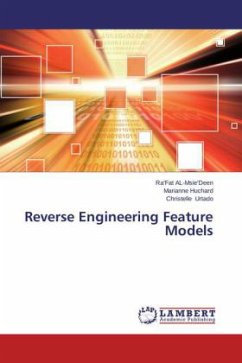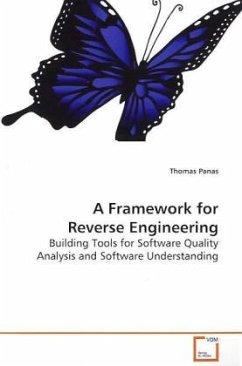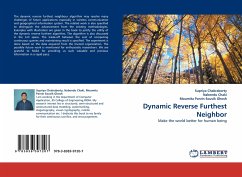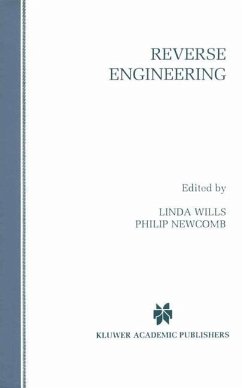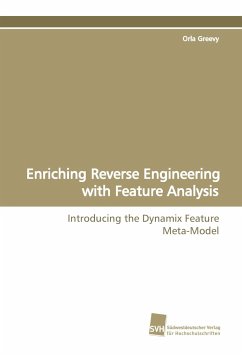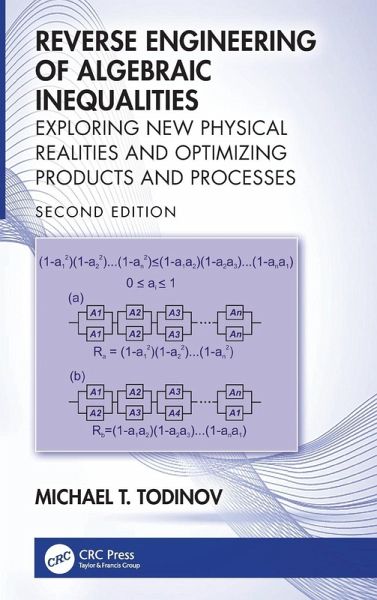
Reverse Engineering of Algebraic Inequalities
Exploring New Physical Realities and Optimizing Products and Processes
Versandkostenfrei!
Versandfertig in 6-10 Tagen
80,99 €
inkl. MwSt.
Weitere Ausgaben:

PAYBACK Punkte
40 °P sammeln!
The second edition of Reverse Engineering of Algebraic Inequalities is a comprehensively updated new edition demonstrating the exploration of new physical realities in various unrelated domains of human activity through reverse engineering of algebraic inequalities.This book introduces a groundbreaking method for generating new knowledge in science and technology that relies on reverse engineering of algebraic inequalities. By using this knowledge, the purpose is to optimize systems and processes in diverse fields such as mechanical engineering, structural engineering, physics, electrical engi...
The second edition of Reverse Engineering of Algebraic Inequalities is a comprehensively updated new edition demonstrating the exploration of new physical realities in various unrelated domains of human activity through reverse engineering of algebraic inequalities.
This book introduces a groundbreaking method for generating new knowledge in science and technology that relies on reverse engineering of algebraic inequalities. By using this knowledge, the purpose is to optimize systems and processes in diverse fields such as mechanical engineering, structural engineering, physics, electrical engineering, reliability engineering, risk management and economics. This book will provide the reader with methods to enhance the reliability of systems in total absence of knowledge about the reliabilities of the components building the systems; to develop light-weight structures with very big materials savings; to develop structures with very big load-bearing capacity; to enhance process performance and decision-making; to obtain new useful physical properties; and to correct serious flaws in the current practice for predicting system reliability.
This book will greatly benefit professionals and mathematical modelling researchers working on optimising processes and systems in diverse disciplines. It will also benefit undergraduate students introduced to mathematical modelling, post-graduate students and post-doctoral researchers working in the area of mathematical modelling, mechanical engineering, reliability engineering, structural engineering, risk management, and engineering design.
.
This book introduces a groundbreaking method for generating new knowledge in science and technology that relies on reverse engineering of algebraic inequalities. By using this knowledge, the purpose is to optimize systems and processes in diverse fields such as mechanical engineering, structural engineering, physics, electrical engineering, reliability engineering, risk management and economics. This book will provide the reader with methods to enhance the reliability of systems in total absence of knowledge about the reliabilities of the components building the systems; to develop light-weight structures with very big materials savings; to develop structures with very big load-bearing capacity; to enhance process performance and decision-making; to obtain new useful physical properties; and to correct serious flaws in the current practice for predicting system reliability.
This book will greatly benefit professionals and mathematical modelling researchers working on optimising processes and systems in diverse disciplines. It will also benefit undergraduate students introduced to mathematical modelling, post-graduate students and post-doctoral researchers working in the area of mathematical modelling, mechanical engineering, reliability engineering, structural engineering, risk management, and engineering design.
.





